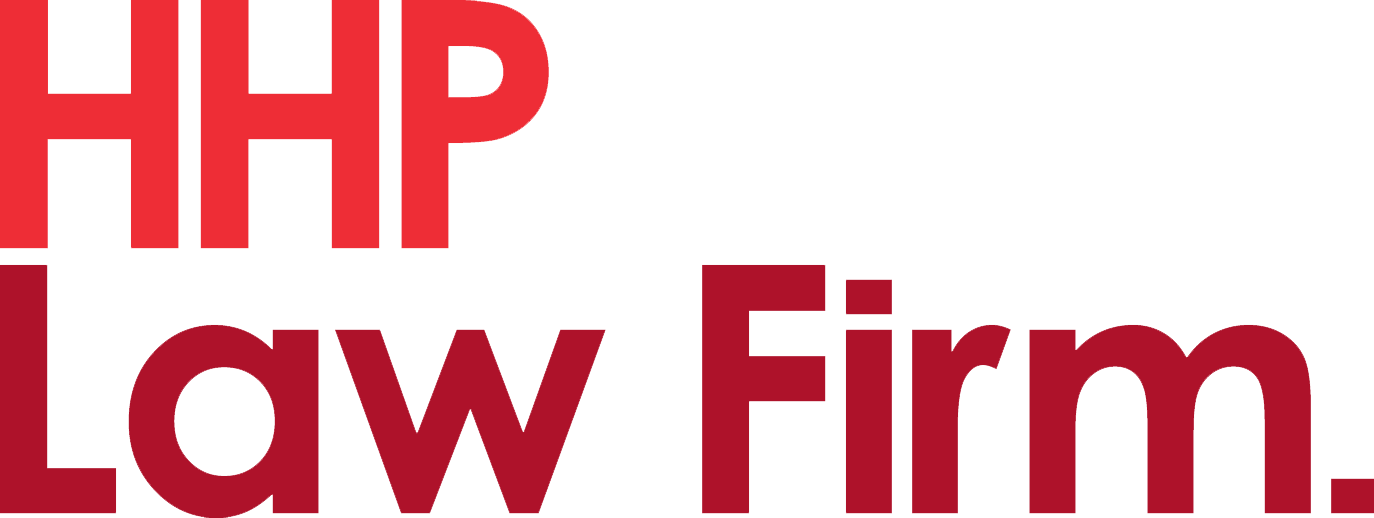In brief
In the spirit of the ASEAN Central Bank Governors’ Meeting in April 2022 (which is one of Indonesia’s G20 Presidency events) and Indonesia’s Payment System 2025 Visions that were introduced in May 2019, Bank Indonesia has launched cooperation with Bank of Thailand that enables consumers and merchants in both countries to make and accept instant cross-border QR payments for goods and services. QRIS (Quick Response Code Indonesian Standard) and Thai QR Codes will be used in this cooperation. Please see Bank Indonesia’s press releases here. This cooperation was formally launched on 29 August 2022, following a pilot program that started on 17 August 2021.
Highlights
For details on QRIS, please refer to our previous Client Alert.
The cooperation is aligned with the ASEAN Agreement on Electronic Commerce, which provides a set of policies, principles and rules to govern cross-border e-commerce in the ASEAN region. The facilitation and easing of cross-border payments is one of the pillars that will support the implementation of cross-border electronic trading objectives encompassed in the ASEAN agreement.
The crux of this cooperation is to allow users from Indonesia to use their mobile payment applications to scan Thai QR Codes to make payments for goods and services to merchants in Thailand. Likewise, users from Thailand can use their mobile payment applications to scan QRIS to pay merchants in Indonesia for goods and services. Currently, there are 76 payment services providers from Indonesia and Thailand that support this cooperation and there is an expectation that this number would grow.
Bank Indonesia is planning to have similar cooperation with other countries, such as Singapore and Malaysia. For Malaysia, the cooperation is already in a pilot phase since January 2022 and it is targeted for a full commercial launch in the third quarter of 2022. For Singapore, the cooperation is targeted to be launched in the second half of 2023.
Closing
As the pandemic proves that transformation is inescapable, this cooperation of cross-border QR payment linkage will certainly enable instant, secure, and efficient cross-border payments. This is expected to be the first of many collaborations with other central banks, in anticipation of the time when cross-border travel will again be possible and to accommodate the rapid rise in e-commerce trading that spans across national borders. Hopefully, this could bring more consolations for the public in using QR payments. Yet again, Indonesia is on the move in making its payment system industry more agile in responding to globalization.
With thanks to Jonathan Edward Tobing for his assistance in preparing this alert.
* * * * *

© 2022 HHP Law Firm. All rights reserved. HHP Law Firm is a member firm of Baker & McKenzie International. This may qualify as “Attorney Advertising” requiring notice in some jurisdictions. Prior results do not guarantee a similar outcome.







